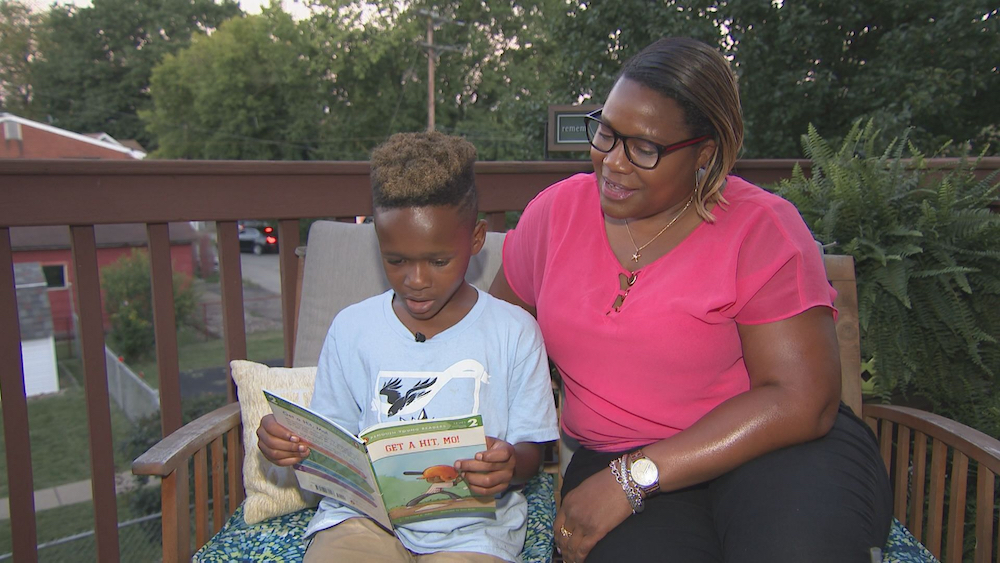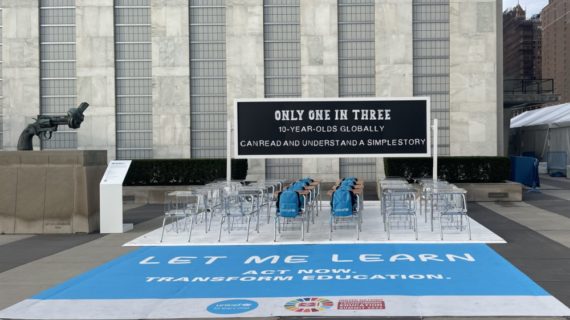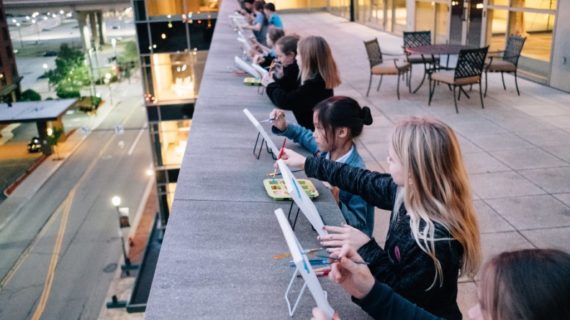
Local ‘Parenting While Black’ workshops share best practices and build connections
Photo above courtesy of KDKA.
Parenting is not easy, but it can be even more difficult for Black families who are trying to navigate how to help their kids deal with racism. A new workshop aims to help parents: It’s called “Parenting While Black,” and is based at the University of Pittsburgh’s Center on Race and Social Problems.
Akhira Saunders participated in the workshop when it launched in the spring.
She says she tries to surround her son, 8-year-old Aiden Williams, with positive images of African Americans, whether they’re historical or fictitious. He loves to read, and Saunders provides lots of books with characters that look like him, “so he can see himself in positive things,” she says, “and so he will always place himself with positive outcomes.”
“As long as he puts in the work, then he’s going to be on the correct path,” Saunders says. “There’s nothing he can’t do.”
This is one of many topics Akhira discussed with other Black parents in the “Parenting While Black” workshops.
For eight weeks, the parents met on Zoom for 90-minutes sessions. Five schools participated last spring and three new schools are participating this fall.
Dr. James Huguley and Cecily Davis, with the Center on Race and Social Problems at the University of Pittsburgh, created “Parenting While Black” to take the research on this topic and provide best practices to parents while letting them share their experiences with each other.
“When you’re talking about the effects of racism, there’s no ‘What to Expect When You’re Expecting Racism’, and our parents have been looking for support, and we wanted to provide it,” says Dr. Huguley.
Parenting While Black workshops address positive racial identity, helping children cope with discrimination, healing racial trauma and increasing educational involvement.
“They did give us tools to be able to talk to a teacher, not in a confrontational manner, just so we can meet an understanding, so we can see… what is this about? Is it bias or is my son really missing this, period,” says Saunders.
Huguley and Davis know what it’s like from their own personal experiences to parent while Black. Watching news reports repeatedly showing the deaths of people like George Floyd and Leon Ford can be traumatic.
“It could be my brother. It could be my father,” Davis says. “It could be my husband and as well as my child. And so as someone who is a parent and a wife and a mother and a daughter, it just is really a tough time to figure that process out. How do you explain these things to your family?”
Most kids can’t help but be aware of current events. Saunder’s son, who’s in second grade, said, “I do see other Black people on the news, like when there is Black Lives Matter stuff.“
Saunders said her son is conscious of the ways Black boys in America may be treated.
“He is young,” she says, “but as an African American boy, they’re quick to learn about the different changes and the different things that are going to affect him that may not affect other kids.”
Research from Pitt’s Center on Race and Social Problems found that 51% of black youth they surveyed had experienced racism by the time they reached the 10th grade.
“Parents are left to try to figure that out and grapple with that and help their children through it,” Huguley says.
The “Parenting While Black” program is happening this fall at Manchester Academic Charter School and The Neighborhood Academy, with additional schools to be determined.
Click here for more info on the Parenting While Black workshop housed at the University of Pittsburgh. And if you’re interested in having it offered at your school, email Dr. Huguley at huguley@pitt.edu.







